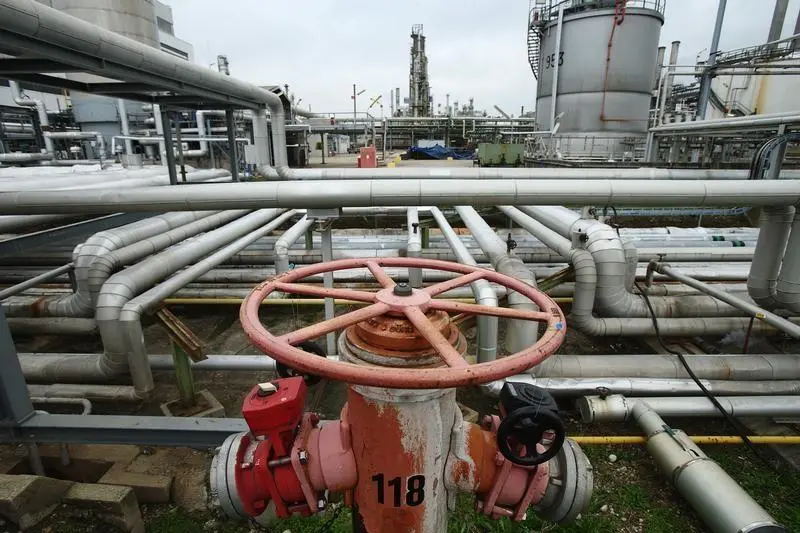PHOTO
Businesses would need to consider increased costs related to compliance and new price structures.
The United Arab Emirates is expected to move ahead with tax structure reform to diversify revenue streams, but the introduction of new taxes such as value-added tax, if managed well, should not lead to a sharp increase in inflation, analysts said.
The UAE's economy has shown resilience to lower oil prices thanks to large fiscal and external buffers and its perceived safe haven status, according to the International Monetary Fund. But analysts said it is a matter of 'when' and not 'if' the UAE introduces new taxes.
Gulf Arab states are conducting feasibility studies on value-added tax, but no consensus has been reached yet within the Gulf Cooperation Council (GCC) on when and how to introduce VAT.
On Sunday, the UAE's economy minister said that the government was open to introducing taxes, but that any decision will be evaluated before implementation.
"We will discuss it, evaluate how it affects our competitiveness. We are part of the GCC and there should be a common policy. So in the future, if this serves the government and the people, it (the UAE) could open to taxes just as other nations have," Economy Minister Sultan Bin Saeed Al Mansouri said in remarks published in local media.
The IMF has urged the UAE government to broaden its tax revenue streams to strengthen its fiscal position, recommending a low rate of 5% VAT, a 10% corporate income tax and a 15% excise tax on automobiles.
"Both of those (corporate and value added taxes) are good sensible starter taxes for countries that don't have the tradition of taxing outside the hydrocarbon sector," Masood Ahmed, Middle East director at the IMF, told 'Dubai Eye'.
Ahmed said he did not expect the introduction of new taxes to make the UAE any less competitive. "I think companies look at a broad range of things; markets, business environment, and they look at taxes as part of the package. So it's one item amongst many others for them to consider."
At present there is little corporate taxation outside the oil sector, apart from a 20% levy on foreign banks in Dubai, according to a Reuters report.
CONSUMER SENTIMENT
Global audit and advisory services firm KPMG said that if the VAT rate is kept low and the threshold high, its impact on inflation and businesses is expected to be minimal.
Nilesh Ashar, Partner - Head of Tax at KPMG in the UAE, told Zawya that were three challenges related to VAT: managing existing perceptions of the UAE as a zero-tax environment, preparing businesses to comply with the new tax and managing price inflation.
"Today, organizations and their systems are not geared for taxes or capturing information in relation to VAT - i.e. products and services that they are supplying or receiving. Organizations do not have the resources or training to deal with VAT compliance."
The UAE authorities would grant an 18-month grace period between the introduction of VAT and its actual implementation to ensure compliance, according to local media.
"The third challenge has to do with managing price inflation. We think it is only going to be one-off and it should be marginal. If the rate is kept low and the threshold is kept high, then the impact on inflation will be low," Ashar said.
"But then businesses will need to manage their pricing structure carefully to determine whether or not they should be passing the VAT on to the consumers or whether they should absorb some of the VAT themselves and keep the prices of their products competitive."
The IMF official said that a low rate VAT would not lead to a sharp increase in the cost of living and that the UAE would still not have a very high tax burden compared to most countries in the world.
The UAE has consistently ranked among the world's most competitive countries, placing 12th globally, and top in the Middle East in the Global Competitiveness Report index for 2015 published by the World Economic Forum.
© Zawya 2015





















